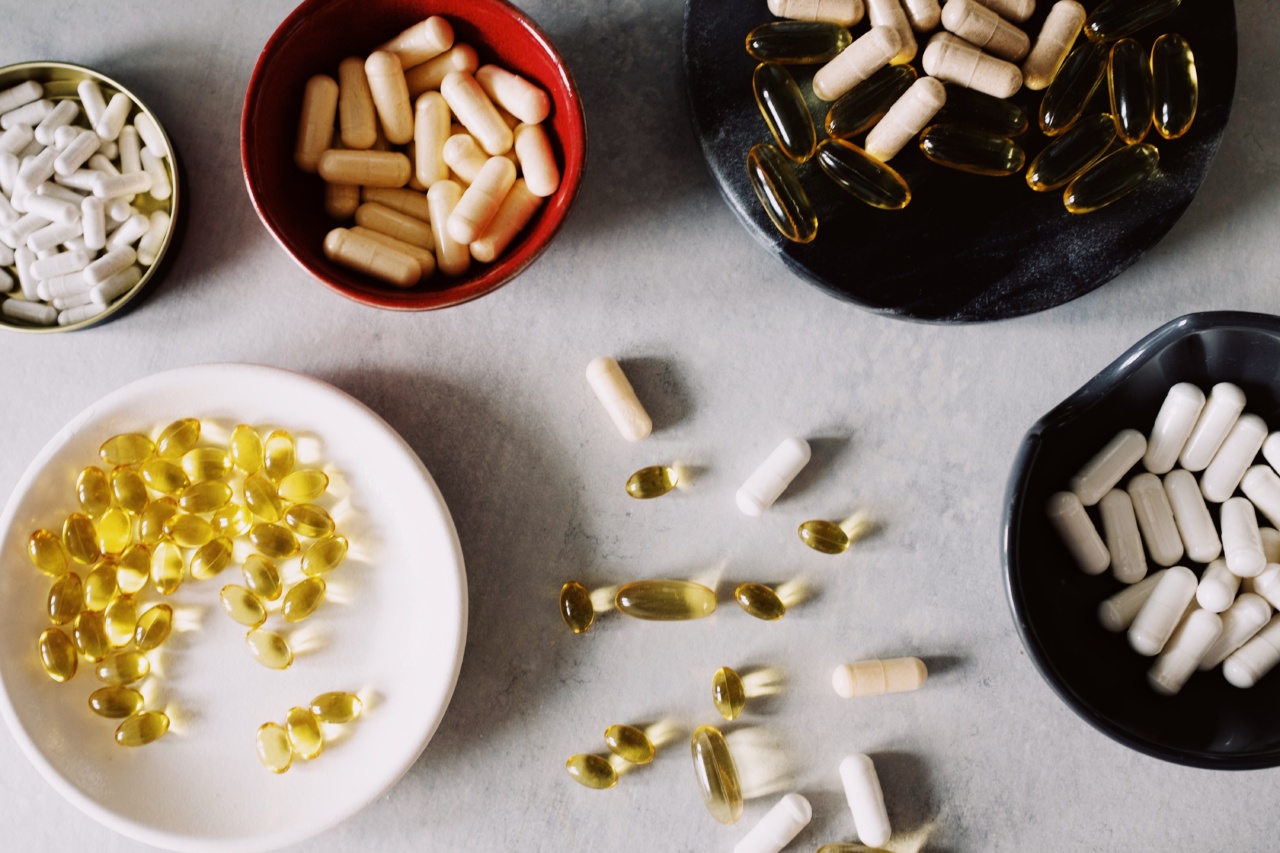Attention-Deficit/Hyperactivity Disorder (ADHD) is a neurodevelopmental disorder that affects both children and adults. It is characterized by symptoms such as inattention, hyperactivity, impulsivity, and difficulty focusing on tasks.
While medications and therapy are the primary treatments for ADHD, recent research has suggested that a healthy diet can also improve mild ADHD symptoms.
What is ADHD?
ADHD is a disorder that affects the brain’s ability to regulate attention and behavior. It is typically diagnosed in childhood but can persist into adulthood.
ADHD is divided into three subtypes: inattentive type, hyperactive-impulsive type, and combined type. Inattentive type is characterized by difficulty paying attention, forgetfulness, and being easily distracted. Hyperactive-impulsive type is characterized by restlessness, impulsivity, and interrupting others. Combined type has symptoms of both subtypes.
How is ADHD treated?
ADHD is usually treated with medication to help manage symptoms. The most common medications used to treat ADHD are stimulants. These medications work by increasing the levels of dopamine and norepinephrine in the brain.
This helps improve attention, focus, and impulse control. Therapy is also an important part of ADHD treatment. Behavioral therapy can help children and adults with ADHD learn coping mechanisms and social skills.
What role does diet play in ADHD?
Recent research has suggested that diet can also play a role in managing ADHD symptoms. A diet that is high in protein and low in simple carbohydrates has been shown to improve symptoms in some people with ADHD.
Protein helps promote the production of dopamine and norepinephrine in the brain, which helps with focus and attention. Simple carbohydrates, such as sugar and white flour, can cause blood sugar levels to spike and then crash, which can lead to symptoms like irritability and lack of focus.
What types of food should be included in a healthy diet for ADHD?
A healthy diet for ADHD should include a variety of nutrient-dense foods. Some examples of these foods include:.
- Protein sources such as lean meats, fish, eggs, and beans
- Fruits and vegetables with a variety of colors
- Whole grains like brown rice and quinoa
- Healthy fats such as avocados, nuts, and olive oil
It is also important to limit the intake of processed foods, sugary drinks, and candy, as these foods can cause blood sugar levels to spike and then crash, leading to symptoms like irritability and lack of focus.
What does the research say about the connection between diet and ADHD?
There have been several studies that have explored the connection between diet and ADHD symptoms.
One study published in the Journal of Attention Disorders found that a diet high in protein and low in simple carbohydrates improved symptoms in children with ADHD. Another study published in Pediatrics found that a diet rich in omega-3 fatty acids, which are found in fish, helped reduce symptoms in children with ADHD.
Omega-3 fatty acids have been shown to have anti-inflammatory properties, which may help reduce symptoms of ADHD.
What are some tips for incorporating a healthy diet into an ADHD treatment plan?
First and foremost, it is important to consult with a healthcare professional before making any changes to an ADHD treatment plan.
A healthcare professional can help determine the appropriate diet and medication regimen that is tailored to an individual’s specific needs. Some tips for incorporating a healthy diet into an ADHD treatment plan include:.
- Plan meals and snacks ahead of time to ensure that nutrient-dense foods are readily available
- Pack healthy snacks to take on-the-go, such as apple slices with almond butter or raw vegetables with hummus
- Experiment with new recipes that incorporate healthy, nutrient-dense ingredients
- Limit or eliminate processed foods, sugary drinks, candy, and other foods that can cause blood sugar levels to spike and then crash
Conclusion
While medication and therapy are the primary treatments for ADHD, recent research has suggested that a healthy diet can also improve mild ADHD symptoms.
A diet that is high in protein and low in simple carbohydrates has been shown to be particularly effective. Incorporating a healthy diet into an ADHD treatment plan can be challenging, but it is important to consult with a healthcare professional to determine the best approach.




























